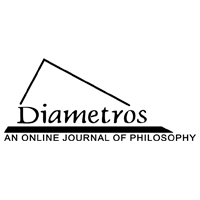Kant’s Critique of Religion: Epistemic Sources of Secularism
Kant’s Critique of Religion: Epistemic Sources of Secularism
Author(s): Sorin BăiaşuSubject(s): Epistemology, Social Philosophy, Philosophy of Religion
Published by: Instytut Filozofii Uniwersytetu Jagiellońskiego
Keywords: Kant’s practical philosophy; religion; secularism; belief/faith; justification; moral knowledge
Summary/Abstract: The secular interpretation of Kant is widespread and Kant is viewed as the most prestigious founding father of liberal secularism. At the same time, however, commentators note that Kant’s position on secularism is in fact much more complex, and some go as far as to talk about an ambiguous secularism in his work. This paper defends a refined version of the secular interpretation. According to this refined version, Kant can offer a limited, political secularism on the basis of a simple argument which focuses on the distinct epistemic statuses of political and religious claims; however, the paper argues, a more general secularism is unwarranted on the basis of the same argument. If my argument is correct, then it will account at least in part for the plurality of interpretations. Moreover, any further attempt to show that Kant’s relation to secularism is ambiguous or dismissive should take into consideration the argument from epistemic grounds presented here.
Journal: Diametros
- Issue Year: 2017
- Issue No: 54
- Page Range: 7-29
- Page Count: 23
- Language: English

